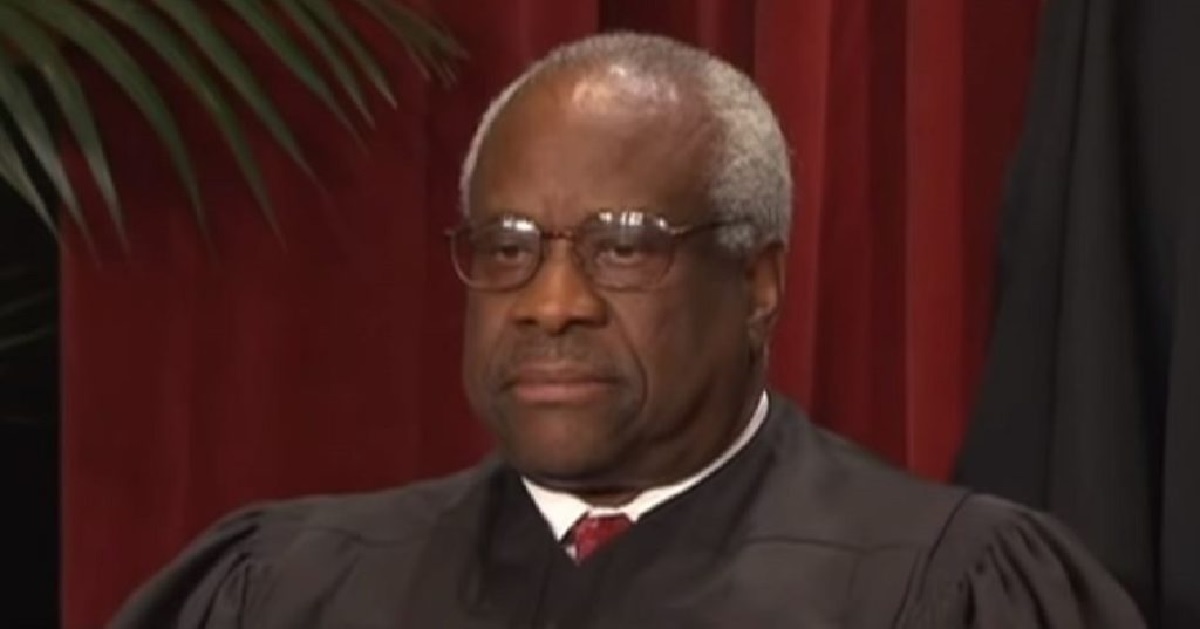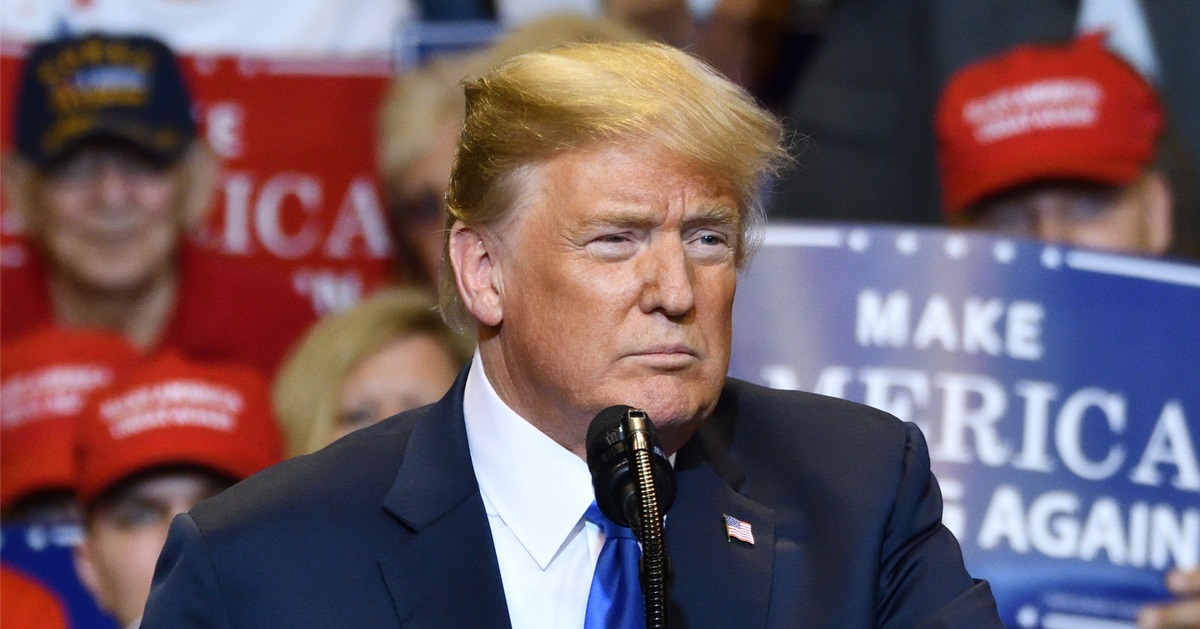Trump's Washington D.C. criminal case to resume following Supreme Court ruling
Former President Donald Trump's Washington, D.C. criminal case was put on hold earlier this year after the Supreme Court said it would weigh arguments over whether Trump enjoyed immunity from prosecution.
However, America's highest judicial body rendered its decision last month, meaning that the proceedings can now restart.
Judge may schedule evidentiary hearing
According to The Hill, U.S. District Judge Tanya Chutkan may schedule an evidentiary hearing to sort out how the Supreme Court's ruling will be applied.
In a majority opinion authored by Chief Justice John Robert, the Supreme Court determined that when it comes to exercise of his "core constitutional powers," a president's "immunity must be absolute."
"As for his remaining official actions, he is entitled to at least presumptive immunity," Roberts continued before adding that no immunity exists for unofficial acts.
The majority opinion further stressed that "Trump is absolutely immune from prosecution for the alleged conduct involving his discussions with Justice Department officials."
Some allegations in Trump's indictment appear to be doomed
What's more, courts are prohibited from inquiring into a president's motives when attempting to divide "official from unofficial conduct."
Trump was charged by Special Counsel Jack Smith over his conduct following the 2020 presidential election, and The Hill noted that "some of the allegations contained within the former president's four-count indictment" will likely not survive.
What's more, the online publication also acknowledged that even if Trump's case does ultimately proceed to trial, it will almost certainly not do so before Americans vote in November.
This was not the only recent setback that Smith has experienced, as last month saw Judge Aileen Cannon throw out the charges he brought against Trump in Florida for mishandling documents.
Trump threatens to sue Smith
Fox News reported that Cannon dismissed Trump's case on the grounds that Smith's appointment violated the Constitution's Appointments Clause.
It states, "Ambassadors, other public Ministers and Consuls, Judges of the Supreme Court, and all other Officers of the United States be appointed by the President subject to the advice and consent of the Senate, although Congress may vest the appointment of inferior officers in the President alone, in the Courts of Law, or in the Heads of Departments."
According to Newsweek, Trump responded to Cannon's ruling with a social media post in which he threatened to sue Smith over the raid on his Mar-a-Lago resort.
Yet Newsweek pointed out that it is not clear on what grounds Trump would sue Smith as the special counsel did not join the documents case until after federal agents raided Trump's home.






